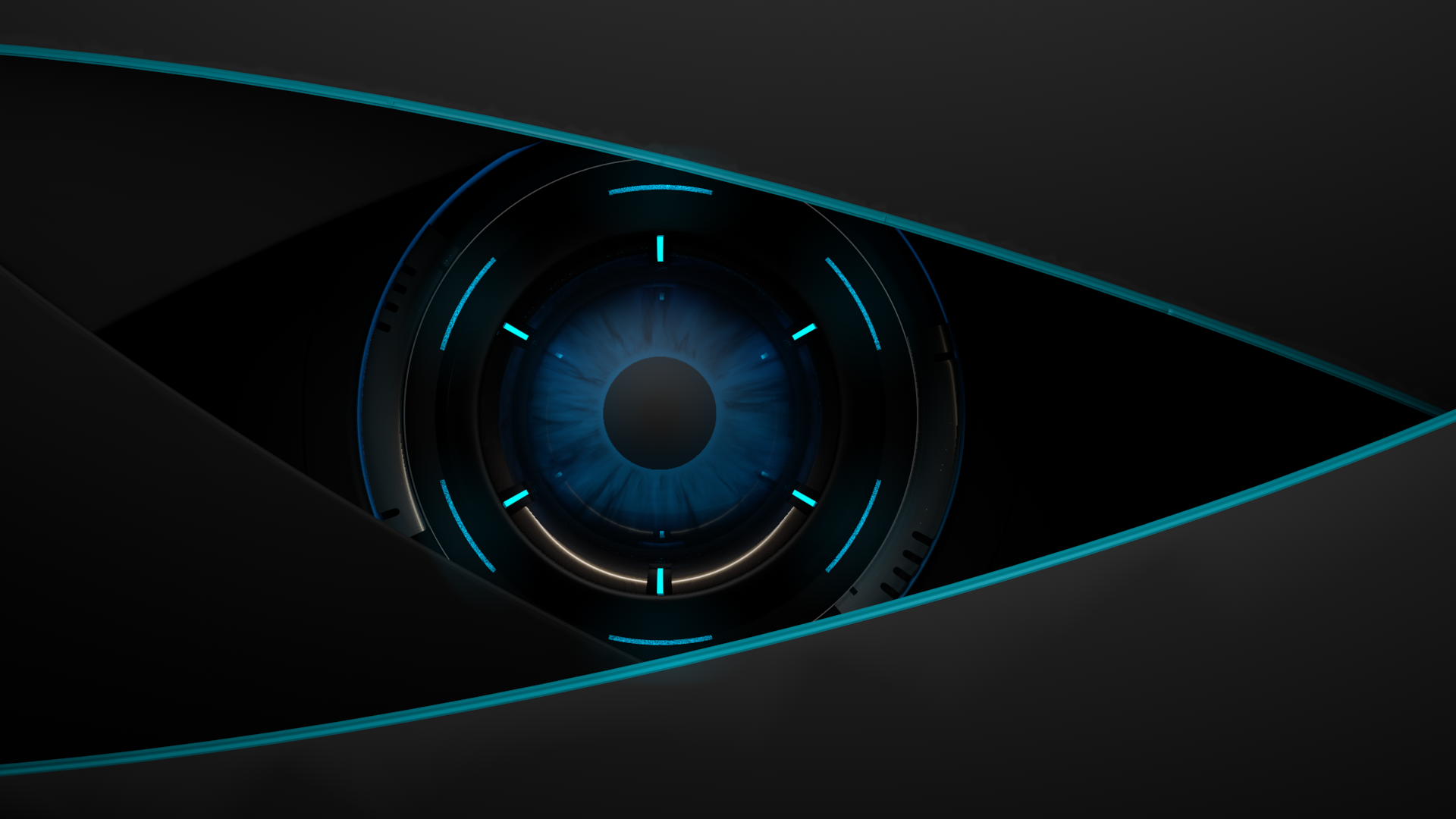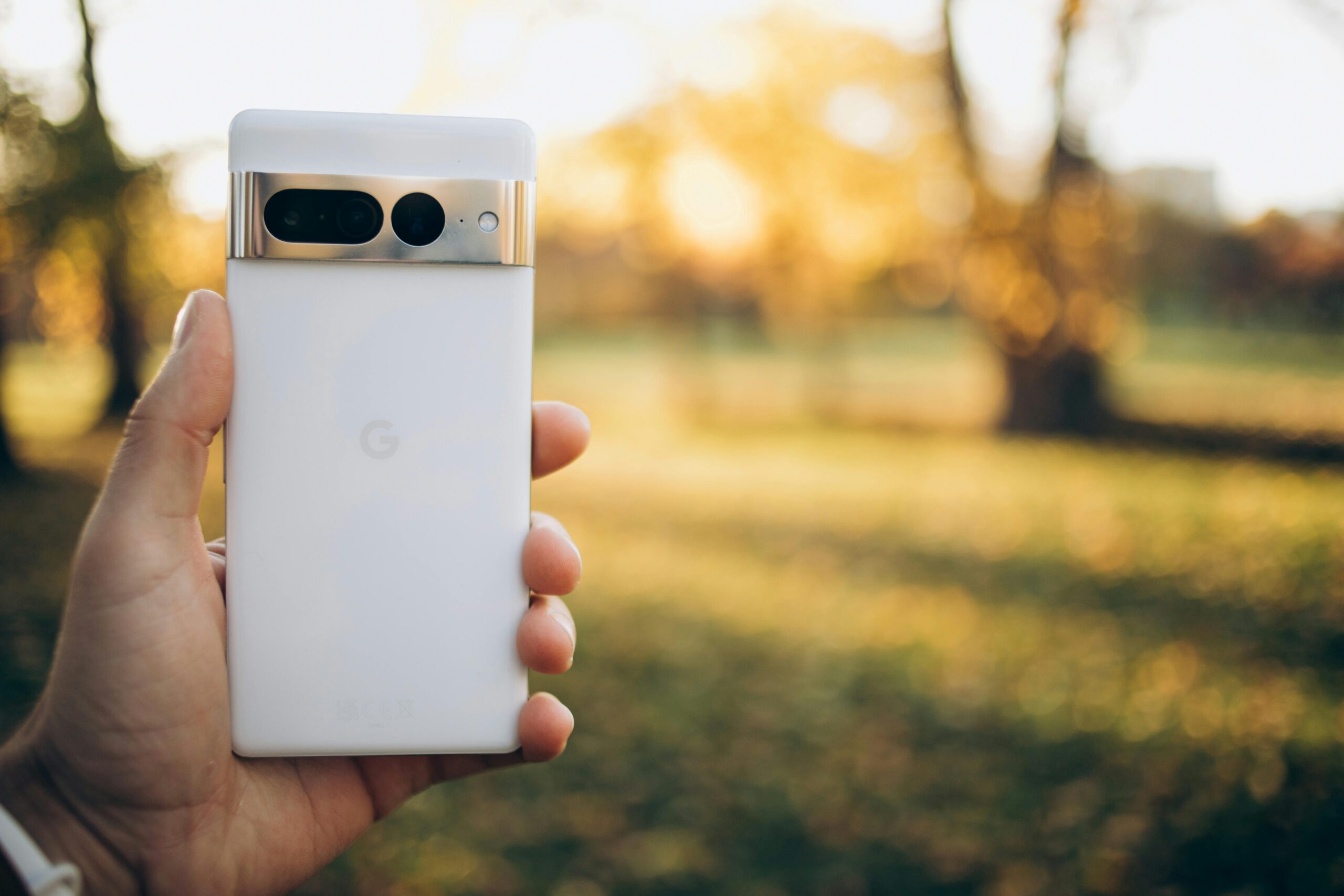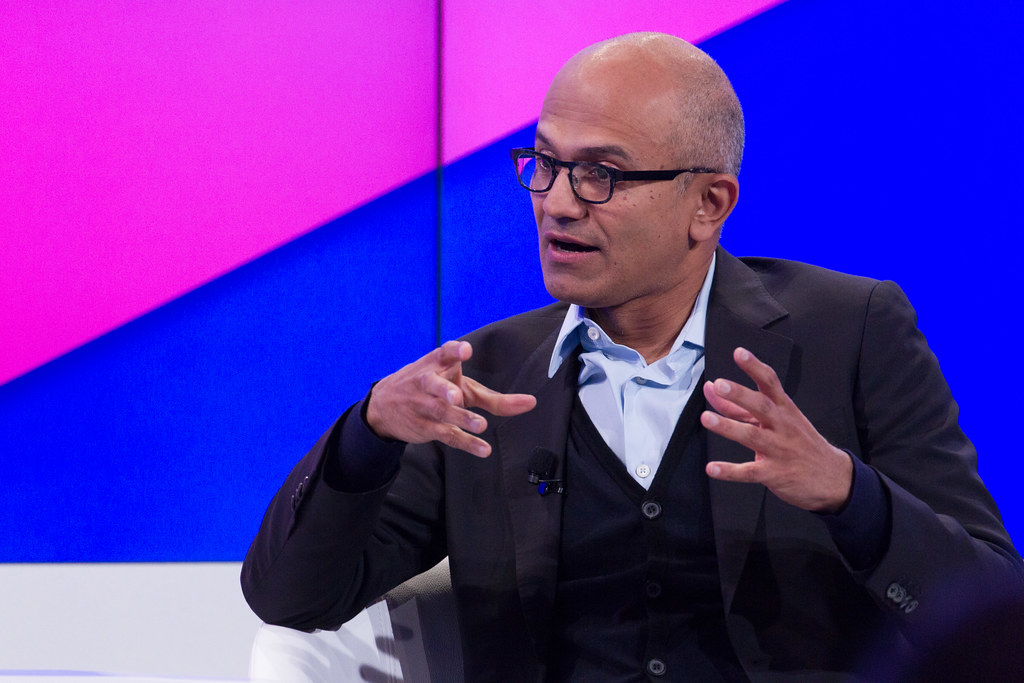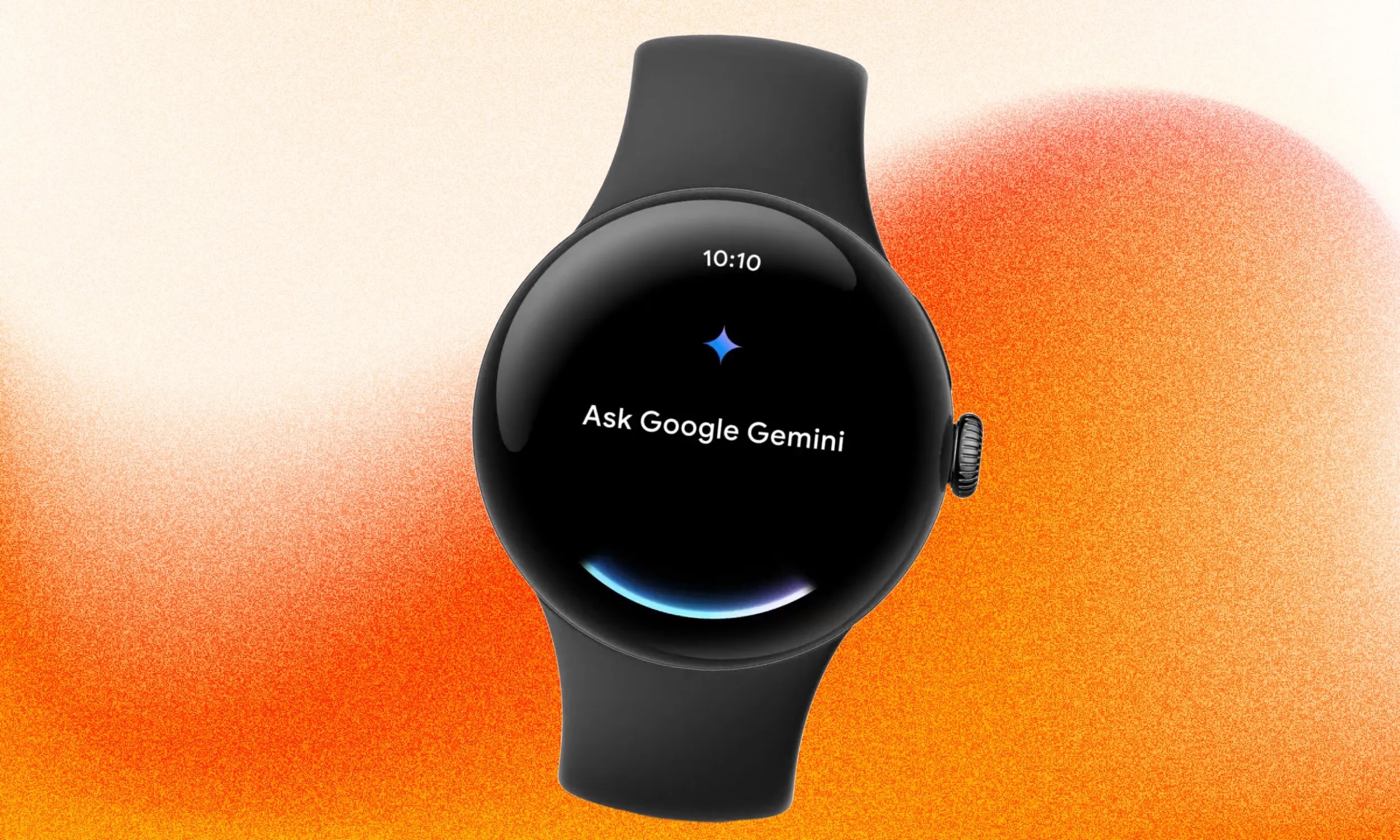DeepX, a South Korean AI technology firm, has partnered with LG to bring its advanced AI chips to various industries, including mobile devices, cars, and home appliances. The collaboration is set to expand DeepX’s AI reach across multiple sectors, such as robotics, healthcare, and autonomous systems, using LG’s large language models (LLMs) to optimize AI chip performance for on-device applications.
In May 2024, at the Embedded Vision Summit, DeepX introduced two key AI chips, the V1 and M1, designed for a range of AI-driven devices. The V1, a compact and affordable system-on-chip (SoC), integrates a 5-TOPS neural processing unit (NPU) and quad-RISC-V CPUs, allowing it to run the YOLO v7 model at 30 frames per second while consuming only 1-2 watts of power. It is well-suited for devices like IP and CCTV cameras, robotic cameras, and drones, handling complex convolutional neural network (CNN) tasks. Meanwhile, the M1 chip, delivering up to 25 TOPS of AI performance and consuming 5 watts, is optimized for AI-powered industrial robots, smart factories, and edge computing systems.
The partnership with LG focuses on optimizing LLMs for use in various applications, reducing the need for cloud computing by enabling AI to function directly on devices. While DeepX expects that it will take 3 to 5 years to develop a fully LLM-capable SoC, the collaboration is already working on chips that act as accelerators for LLM performance. LG’s role in this partnership is to help DeepX optimize its chips by providing LLM technology and insights into model characteristics, ensuring efficient on-device AI processing.
DeepX is also developing its next-generation chip, the V3, which will feature a 15-TOPS dual-core NPU with quad-Arm Cortex A52 CPUs and operate below 5 watts. The chip is being designed in response to customer demands for better security, enhanced image signal processing, and improved USB 3.1 support, which is more efficiently handled by Arm CPUs than by RISC-V architectures. DeepX plans to continue supporting both RISC-V and Arm architectures, with the RISC-V-based V1 chip still in production and samples of the V3 expected by the end of 2024.









